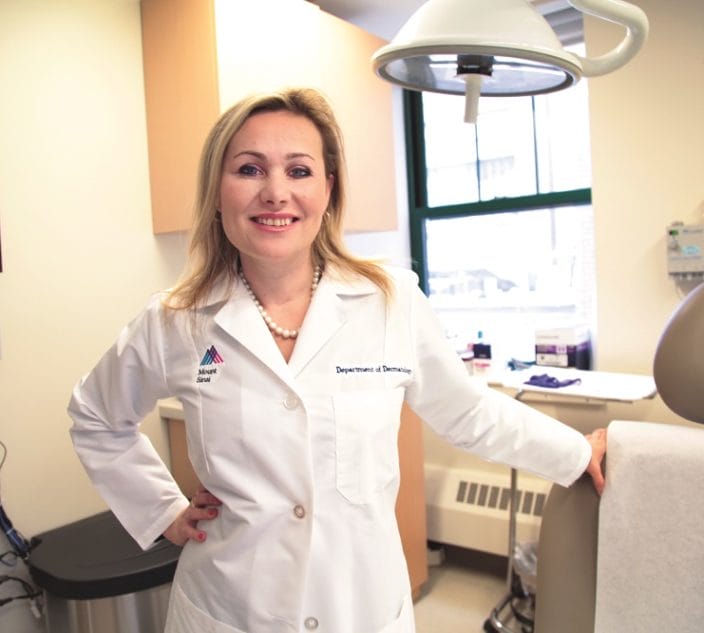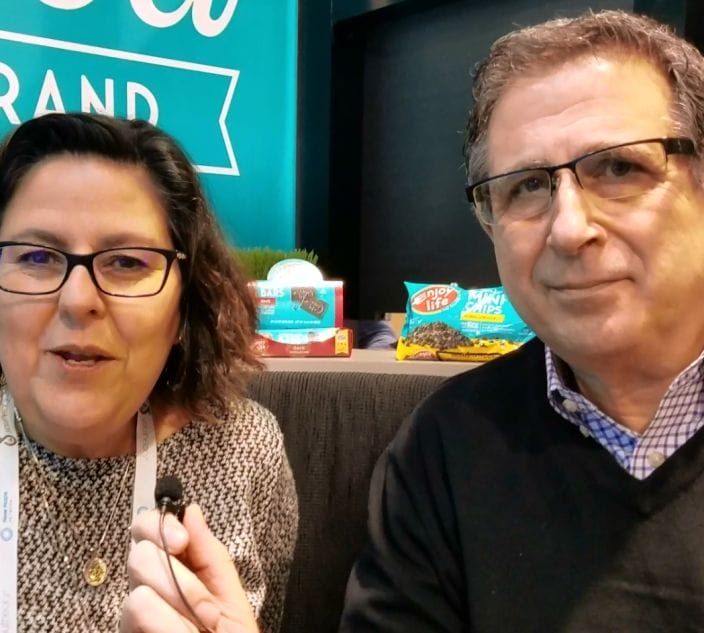In a year-end video for Allergic Living, I sit down with Dr. Sung Poblete, CEO of the non-profit FARE (Food Allergy Research and Education). We discuss everything from her challenging personal experience with food allergies to a bold new documentary FARE will be releasing. As well, she weighs in on the urgent need for more therapies and funding in this growing disease area.
You’ll find Poblete is passionate on the topic of food allergies as a serious disease. Toward the end of the video, we speak of her work in cancer; she was CEO of the Stand Up to Cancer organization for over a decade.
Now, everyone gets the seriousness of cancer. It is cancer after all – the leading medical cause of death worldwide. Yet the seriousness of food allergy, which can be life-threatening, is so often misunderstood and treated dismissively. What does Poblete think about that?
“It is shocking to me that this has not become a first-tier [health] issue in this country,” she says. Poblete cites FARE’s statistic that 33 million Americans today live with potentially life-threatening food allergies.
“I’ve quickly realized that food allergy is really a silent public health epidemic. That’s what we’re dealing with,” she says.
‘Disease Not Diet’ Documentary
To help in raising the profile of food allergies, FARE will soon release a short documentary called “It’s a Disease, Not a Diet.” [Update: the film is now released. See it here.]
Poblete says the title “stems from letting the general public understand that ‘no, it’s not a diet, it’s not a preference. This is life-defining.”
I previewed the documentary, and it is dramatic and doesn’t sugarcoat life with food allergies. Instead, it speaks bluntly of “life on high alert”. As Poblete and I discuss our own adult-onset food allergies, the non-profit CEO’s relationship to the “high alert” becomes obvious.
Not only is she managing two serious known food allergies, Poblete and her allergist are trying to figure out a third food trigger. This still unknown allergy is causing her to have serious reactions, and alarming those close to her.
“Within the last four months – I’ve had seven episodes where I needed my EpiPen,” she says. As that sinks in, she speaks of the enjoyment she’s come to take in hosting dinners. She’s able to create meals with ingredients she knows to be safe.
When Poblete joined the cancer non-profit, the cause touched her personally as several family members and friends had been diagnosed. “I didn’t want to be on the sidelines anymore,” she notes. “I wanted to understand how to accelerate the pace of treatment options.
“Similarly, because I have life-threatening food allergies and realizing I wasn’t alone, I wanted to jump in [to this field],” she says.
Poblete Stresses Research
“We need to raise awareness so we can rally the government and funders to put more investment into the food allergy space,” Poblete states. To date, “the investment is sub-optimal.”
Looking ahead to 2024, Poblete says FARE aims to “knock it out of the park” in the area of disease research. She talks of the promise in cross-discipline immunologic approaches and learning from the brightest minds.
“If we don’t advocate for ourselves in the treatment and cure arena, nobody else will. So we’re going to be extra loud in 2024.” Tune in to the video for the full conversation on food allergies as serious disease – and the prospects for disease research.
See more of the Talking Food Allergies series on Allergic Living’s Youtube channel or Instagram page.
Related:
See: ‘It’s a Disease, Not a Diet’ Film
Allergic Living’s ‘My Food Allergies are Serious’ Posters





